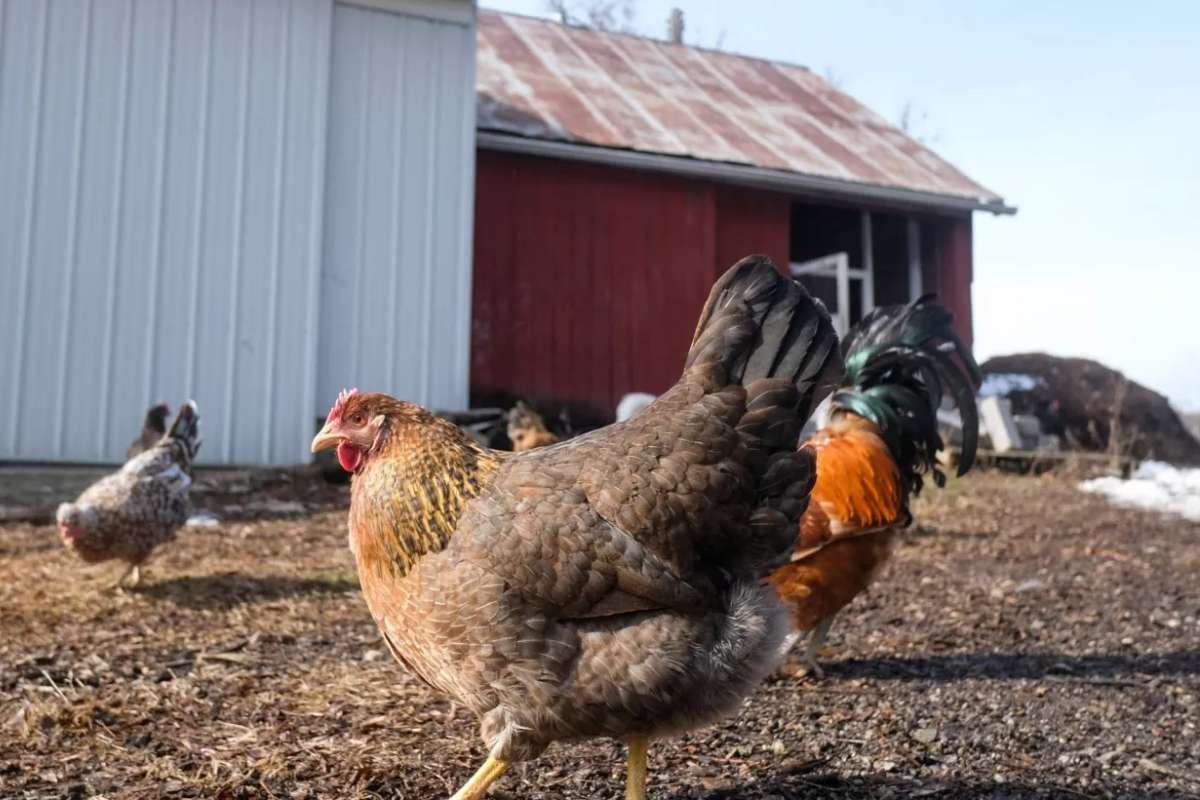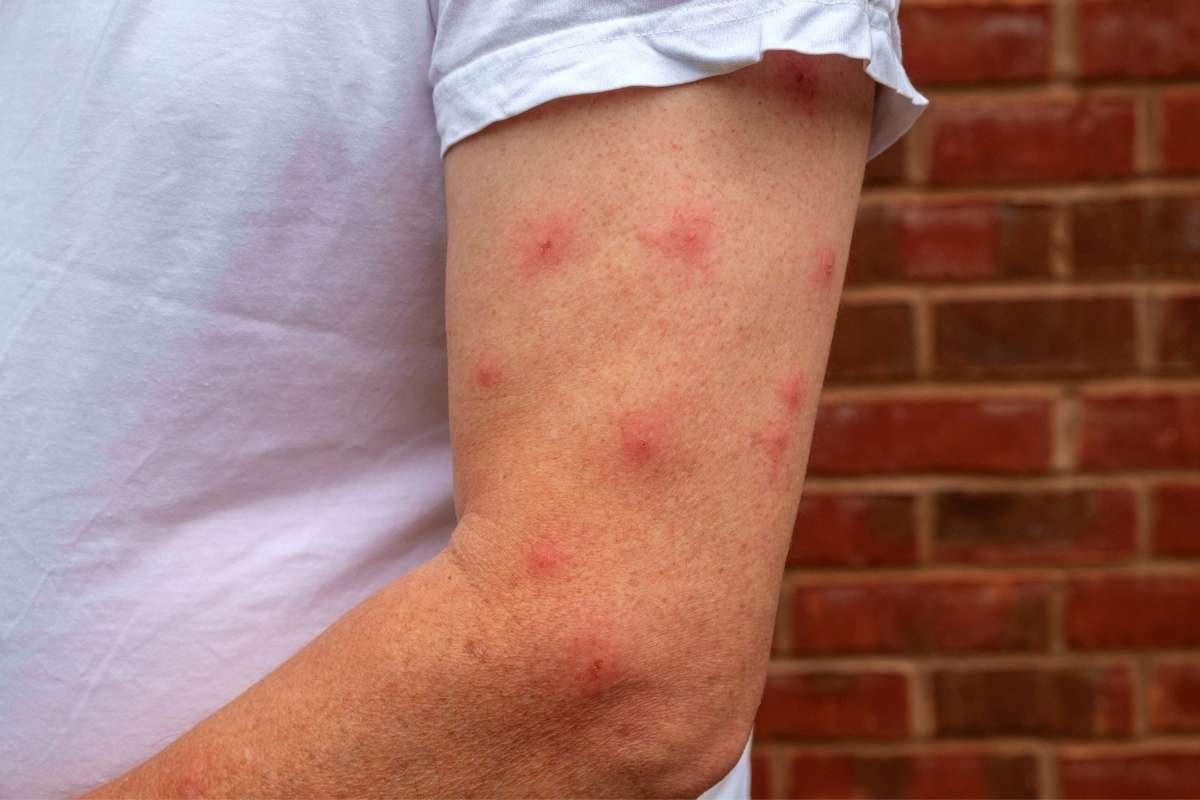Human Health Concerns Amidst Bird Flu Outbreak
Chicago health experts have issued new guidance following the first reported U.S. death from bird flu, also known as H5N1. A Louisiana resident over 65, with underlying health conditions, succumbed to the virus after exposure to infected wild birds and a backyard poultry flock. The Louisiana Department of Health confirmed no further human infections within the state.
Globally, H5N1 has been linked to over 400 fatalities since 2003, with recent data from the CDC showing 66 infections in the past year, primarily from direct bird contact. Despite these figures, the Centers for Disease Control and Prevention (CDC) maintain that the risk to the general public remains low due to the absence of human-to-human transmission. Dr. Dean Blumberg, an infectious disease specialist at the University of California Davis, emphasized that bird flu primarily spreads through bird secretions, such as saliva, feces, and urine.
Rising Concerns for Pet Safety
In addition to human health concerns, bird flu’s impact on pets has drawn attention. In December, the pet food brand Northwest Naturals recalled a batch of products after a cat in Oregon died from the virus. Recently, a Southern California man reported losing two of his cats after they consumed raw milk contaminated with bird flu.
The disease’s toll has also been felt at the Wild Felid Advocacy Center of Washington, where an outbreak led to the deaths of 20 big cats, including a Eurasian lynx and a Bengal tiger. Seth Magle, director of the Urban Wildlife Institute at Chicago’s Lincoln Park Zoo, highlighted the particular vulnerability of cats to bird flu and stressed the importance of monitoring bird and cat populations.
Preventive Measures for Pet Owners
Experts, including Magle, urge pet owners to take precautionary measures. They recommend keeping cats indoors to avoid interactions with potentially infected birds. If a cat brings a dead bird home, owners are advised not to handle it and to seek veterinary care for their pet.
Magle also warned of the risks associated with raw food diets and raw milk for cats. Symptoms of bird flu in cats include lethargy, breathing difficulties, nasal and eye discharge, and severe neurological signs such as seizures and impaired movement. The disease is often fatal in cats, with a mortality rate ranging from 75% to 100%.
Veterinary assistant Lily Hilgenfeld emphasized the potential impact on animals, urging the community to understand the disease’s severity. Additionally, Lincoln Park Zoo advised removing bird feeders to prevent the congregation of birds, which can facilitate the spread of the virus.
By adhering to these guidelines, experts hope to mitigate the risks of bird flu to both humans and pets, safeguarding public and animal health during this outbreak.









